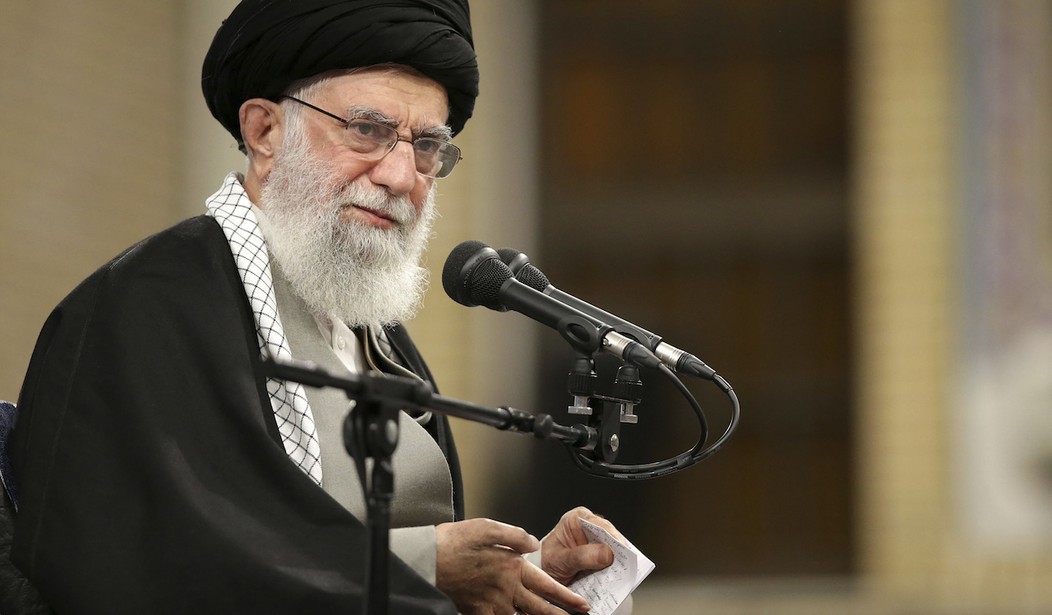The "limited partnership" between Iran and China grows increasingly weighted toward Chinese power as details of a 25-year China-Iran agreement begin to emerge. Iranian officials have seized every chance in the media to assure the Iranian people of their cultural and economic stability in the shadow of the Chinese Communist Party (CCP).
"Our war is over and we need to sell more oil so that we can use it in the construction of projects," Majid Rexa Hariri, Chairman of the Iran-China Chamber of Commerce, told Tasnim, an Iranian news agency. "The relationship with China is normal."
He pointed out that Iran's relationship with China had germinated in the previous administration, and it should come as no surprise that the countries are now engaging in an official partnership.
China has long supplied Iran with arms, infrastructure, and technology. By March of 2020, China reduced oil imports from Iran 88.9 percent compared to the previous year in response to U.S. sanctions against China.
Although the official agreement began fomenting at least by 2016, when Chinese President XI Jinping visited Tehran, the New York Times claims that it has received a copy of the 18-page "final version" as of June 2020. And while President Hassan Rouhani's cabinet approved the partnership, according to Iran's foreign minister Mohammad Javad Zarif, it has yet to pass through the Iranian Parliament.
Some report investments of up to $400 billion by China into Iran, while others claim the numbers are made-up or exaggerated.
Recommended
According to Iranian analyst Reza Haqiqatnezhad, who claims to have read the document, "There are no figures in this document...There are only 10 proposals made of dreams and floral language about boosting cooperation between Iran and China."
An Iranian diplomat confirmed China would develop infrastructure in Iran. Fears circulated that Iran would confer Kish Island to China, but the government has denied these claims.
The details of the document will not be disclosed until after the Iranian government has signed approval, but "there is nothing secretive in the cooperation plan," said a government spokesman.
When asked about the deal, Zhao Lijian, China's Foreign Ministry Spokesman, said: "China and Iran enjoy traditional friendship and the two sides have been in communication on the development of bilateral relations. We stand ready to work with Iran to steadily advance practical cooperation."
Iran's government has maintained a positive attitude toward the partnership, decrying international criticism. "Such a cooperation plan is unacceptable for some countries because they think that it will make the sanctions and pressures ineffective," he said in a summary and translation by IRNA, an Iranian state-affiliated news agency.
Michael Rubin, a resident scholar at the American Enterprise Institute, warns that China could be imposing a debt trap on Iran, just as it has in other recipients of its Belt and Road Initiative.
He writes, "…there is already unease not only among the Iranian public but also among Iranian officials about whether the benefits of a China deal outweigh the risks to Iranian sovereignty. After all, every time the Iranian government casts its lot with a new power to counter its upset at the old, it ends poorly for Iranians."

























Join the conversation as a VIP Member